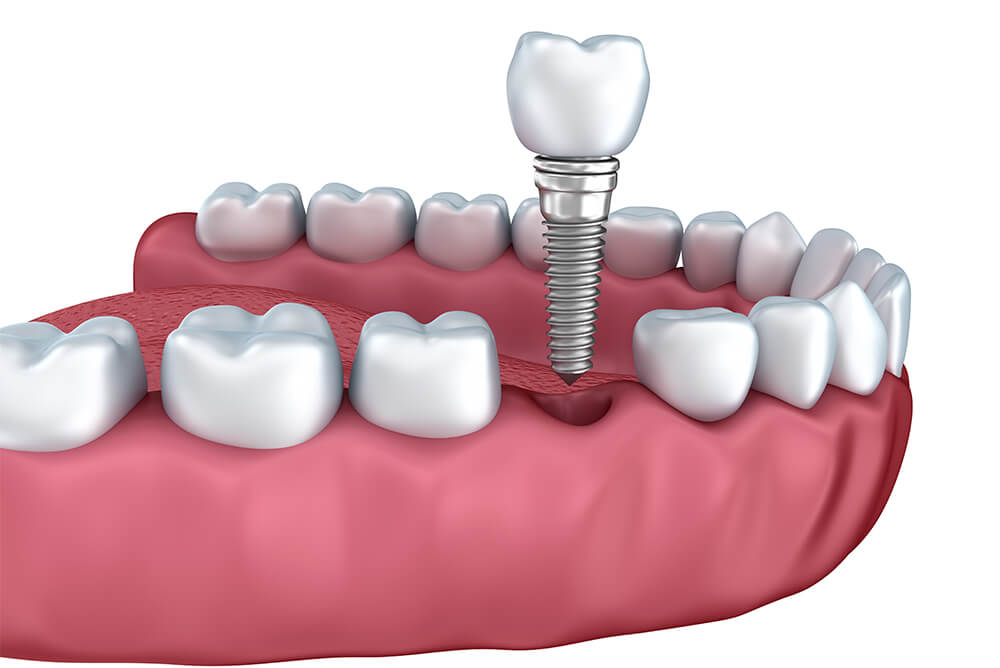
02
Feb
Dental Implants Should Last a Lifetime, But Here Are Some Symptoms to Pay Attention to If Yours Begins to Fail

Getting a dental implant should be done with careful consideration and planning. Because it is a procedure that can cause severe damage if gone wrong, choosing a dental professional you can trust is vitally important. Patients in the Greenbelt, Maryland, area visit Greenway Dental Group for trusted dental implant services.
What Leads to Implant Failure?
With dental implants, you will likely ask what you can do to avoid complications that can lead to implant failure – both early and late. There are some things you can control to prevent failure, but there are other factors you will have no control over. Implant failure caused by genetics or unknown allergies is not something you can control. However, following your doctor’s directions and good habits are entirely within your control.
Let us look at the difference between early and late implant rejection.
Early Implant Rejection
An early implant rejection occurs before the bone completely heals and can occur if the body has a high sensitivity to foreign objects or the patient has an undiagnosed allergy that leads to a reaction. For instance, if a patient has an unaware metal allergy but receives a titanium implant, this could lead to an early rejection.
Late Implant Rejection
A late implant rejection occurs once the implant is placed and the bone has completely healed. This can happen if the body rejects the implant once the healing process has begun. Late rejection can present symptoms, including decreased bone growth, decreased bone density, and pain around the implant area.
Here are four common symptoms which could indicate your implant is failing.
#1 Radiating Discomfort
A certain amount of discomfort can be expected while healing from a dental implant, but it can also be a sign that something is wrong. How can you tell between the two scenarios? First, remember that some mild pain lasting for a few days is completely normal. However, if you are experiencing severe pain or pain which continues long after the procedure, this may be a sign of dental implant failure, and you should schedule an appointment with your dentist.
Request an Appointment
#2 Gum Inflammation
If a bacterial infection develops at the site of your dental implant, it could present itself through red, swollen, or bleeding gums. Bacterial infections can lead to gum recession and even damage the surrounding teeth. If an infection goes without treatment, it can lead to implant failure.
#3 Implants Do Not Feel Secure
If your implant feels loose or moves around in the jaw, it could be a sign of implant failure. When an implant is improperly placed or if primary stability is inadequate at the time of placement, the implant may not be secure. A new implant may need to be placed, and any adjacent teeth which may have been damaged due to the unstable implant will need to be looked at.
#4 Trouble Chewing or Biting
If you feel pain or discomfort when chewing food or simply biting down, it could be a sign that your implant is failing. Your implant should not feel different than any of your teeth at any time. If you experience pain when doing everyday activities such as chewing food, you need to reach out to your doctor as soon as possible to have them look at your implant.
If you are experiencing difficulties with your dental implant or want to learn more about dental implants, please call Greenway Dental Group at (301) 778-2806.
